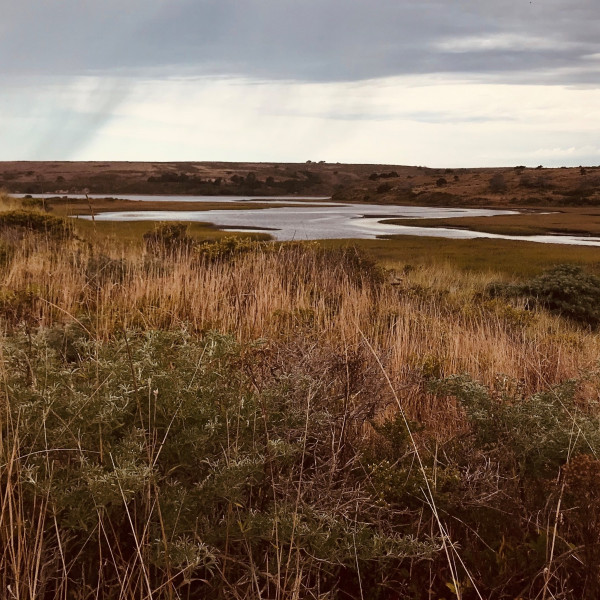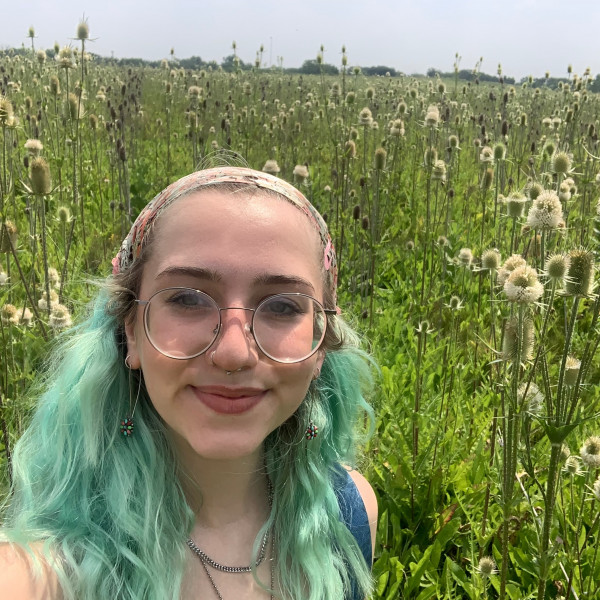
Drivers and indicators of plant composition in wetlands of Illinois 2021
At the Chicago Botanic Garden
Ecology, GIS
Wetlands provide
key societal benefits that will become increasingly important with climate
change exacerbating our need for water filtration, flood control, and carbon
sequestration. Yet they are amongst the most stressed ecosystems on earth. To
support their rich diversity and long-term provisioning of ecological benefits,
it is critical to assess factors impacting their health. This project will leverage
floristic surveys conducted by the Illinois Natural History Survey in over 150
wetlands sites across the state to identify site characteristics and landscape
factors impacting the species richness and vegetation dynamics of wetland sites.
It will also identify low-cost indicators based on freely accessible remote
sensing data that can help track changes in the species composition, diversity,
and dominance of these wetland sites.
Through
this project, the intern will advance their theoretical understanding of wetland
and restoration ecology and sharpen their skills in data management, GIS, and
spatial and statistical analyses.
-medium.jpg )


-medium.jpg)